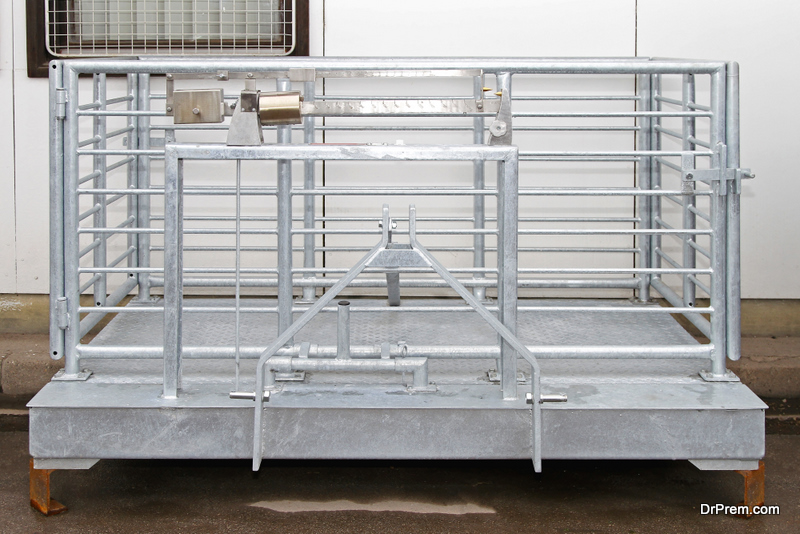3 Tips for Choosing Cattle Scales – Ecofriend.com Guide
Simply visually looking at your cattle and guessing at their weights is rarely accurate. In fact, a poll conducted by Planet Money as reported on NPR found that when guessing the weight of a cow, the average was off by 68 pounds, yet those who considered themselves “cow experts” were off by 83 pounds. That’s a significant difference during these times when management must be focused on ways to save money, promote sustainability and boost profits.
Having cattle scales will ensure the weights of the animals are accurate, which is one of the keys to a successful, profitable operation. When cattle experience sudden weight loss, often an indicator of health problems, diseases, and other conditions can be pinpointed and treated faster before it spreads to other animals. Regular weighing also allows producers to reduce vaccination and treatment costs by dosing based on accurate weights. Plus, it helps them know whether or not they’re keeping the best cows in the herd, making the best breeding decisions to improve the overall genetics of calves.
The question isn’t whether to buy cattle scales, it’s how to choose the right scales for your business. There are a number of considerations to keep in mind when selecting them for a small or large farm. As they’re an investment, it’s important to take your time, comparing the various
models, designs, and brands, and think about how they’ll work with your current livestock setup.
Where are your cattle weighed?
One of the key elements in choosing the right scales is the location where your cattle are weighed. Is it a permanent spot such as a squeeze chute? The indicator on the scale connects to load bars, and the model of the load bars that is needed depends on portable vs. permanent. A permanent installation is ideal for use with squeeze chutes as the load bars are underneath the chute while brackets are bolted into concrete to ensure weight reliability as well as safety. The more level the scale’s load bar is, the more accurate it will be. Portable installation works well with platforms located in alleyways as they can be set up anywhere the animal stops. It can also be easily moved to another location as it doesn’t have to be bolted into concrete.
How do you record cattle weights?
Cattle scales will provide a physical read out of the animals’ weights that can be hand-written into a record book, but by purchasing advanced scales available today, you can get the technology that allows electronic ID ear tag readers to automatically sync their weights into a digital system of recordkeeping.
What data do you need?
 Thanks to today’s high-tech livestock scales, they are no longer just simple weighing equipment. All sorts of data can be obtained to analyze and improve operations, potentially saving time and money. The more advanced types are compatible with cattle management software, which means they’ll automatically keep your records up to date. For high-volume operations, the quick capturing of data can mean saving 10 seconds for every animal, making a dramatic difference in time. For example, if you had a thousand head of cattle, you could potentially save almost three hours of labor in a day.
Thanks to today’s high-tech livestock scales, they are no longer just simple weighing equipment. All sorts of data can be obtained to analyze and improve operations, potentially saving time and money. The more advanced types are compatible with cattle management software, which means they’ll automatically keep your records up to date. For high-volume operations, the quick capturing of data can mean saving 10 seconds for every animal, making a dramatic difference in time. For example, if you had a thousand head of cattle, you could potentially save almost three hours of labor in a day.
Article Submitted By Community Writer
creditSource link
